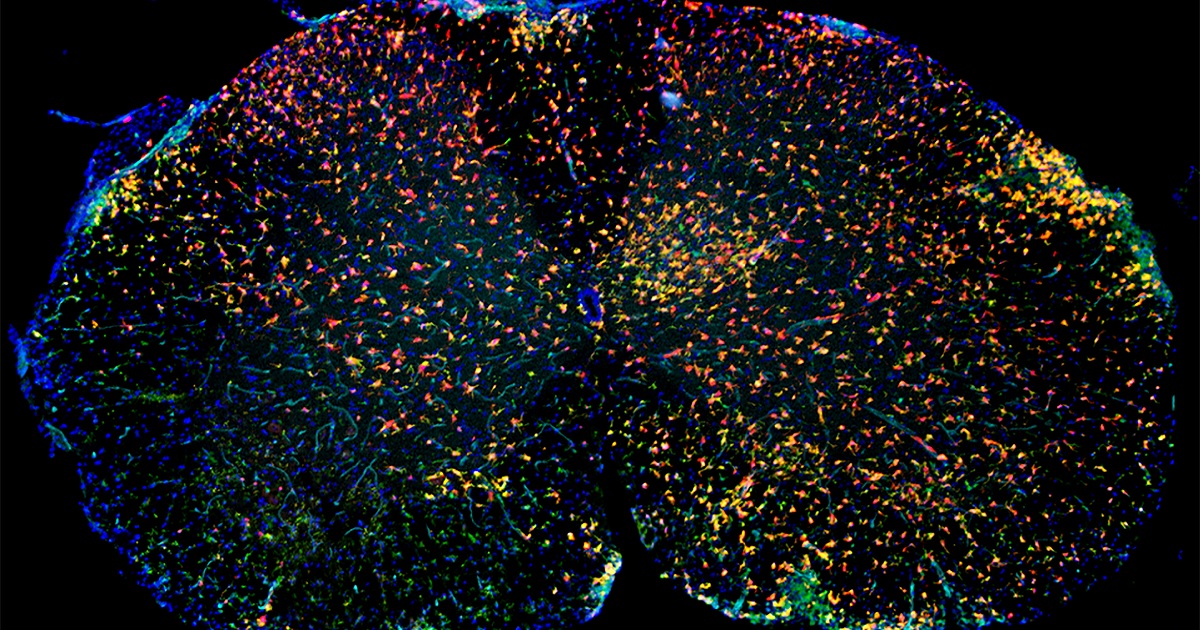Newly discovered immune cells play role in inflammatory brain diseases
Medical Xpress | February 06, 2019

A team of researchers under the direction of the Medical Center—University of Freiburg has observed in an animal model that previously unknown types of immune cells are present in the inflamed brain in the course of multiple sclerosis (MS). The discovery was made through a new, high-resolution method for analyzing single cells. The method allowed the researchers from Freiburg and Munich to create a kind of immune cell atlas for the brain. They also report that these cells promote the development of the autoimmune disease MS. The study was published in the January issue of Science.
"Our findings constitute a breakthrough for the understanding of autoimmune diseases like multiple sclerosis. We hope that it will now be possible to develop new, more cell-specific therapeutic approaches that are less prone to side effects for treating inflammatory diseases like MS," says project director Prof. Dr. Marco Prinz, medical director of the Institute of Neuropathology at the Medical Center—University of Freiburg. "The main problem with the previous, inadequate therapy was that it inhibited the entire immune system. However, we succeeded in finding new subtypes of cells that are specific for local inflammation and destruction in MS. They might, therefore, be selectively inactivated," says Prof. Prinz.